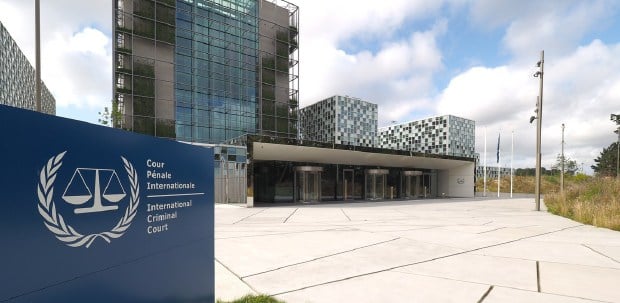PUTRAJAYA: The Malaysian Bar today said the current conflict in Gaza serves as a poignant reminder for the unity government to reconsider becoming a party to the Rome Statute.
Its president Karen Chia said the Rome Statute is a crucial instrument in the global effort to combat impunity and hold perpetrators of the most heinous war crimes accountable for their actions at the ICC.
"The Rome Statute establishes four core international crimes - genocide, crimes against humanity, war crimes, and the crime of aggression.
"In 2019, Malaysia had signed the Rome Statute but made a U-turn when, with all due respect, misguided concerns were raised that Malaysia's accession would jeopardise the position of our Malay Rulers.
"A misunderstanding that could have been avoided with a two-way communication, by way of proper consultation," she said in her speech at the opening of the legal year today.
She said the Palestinian Bar had reached out to the Malaysian Bar in recent times seeking our support as they go through such horrific times.
"The Malaysian Bar wishes to hereby declare that we stand shoulder to shoulder with our brothers and sisters at law in Palestine, to condemn the atrocities of genocide and war crimes committed by Israel in Gaza.
"We wholly support the legal proceedings commenced by South Africa at the International Court of Justice (ICJ).
"The Malaysian Bar stands ready to render all assistance at the ICJ proceedings, by way of intervention if necessary, so that no country can use genocide as a defence and an excuse to commit war crimes," she said.
Malaysia's decision to rescind the Rome Statute, which it ratified on March 4, 2019, was made amid concerns that the ratification of the treaty would undermine the country's sovereignty and Malay rights.
Meanwhile, Chia also reiterated the Malaysia Bar's position on the amendments to the Judicial Appointments Commission Act 2009 (JAC) to incorporate the participation of all stakeholders in the judicial appointment process.
"It is also crucial to eliminate the Prime Minister's involvement, particularly in appointing members of the JAC.
"Given the importance of this reform, further efforts will be made this year to actualise our proposals.
"The commitment to refining the JAC reflects our ongoing dedication to fostering a transparent and participatory process in the appointment of judges.
"These initiatives will underscore a steadfast commitment to upholding the principles of the separation of powers and enhancing the integrity of an independent judicial system in Malaysia," she added.






